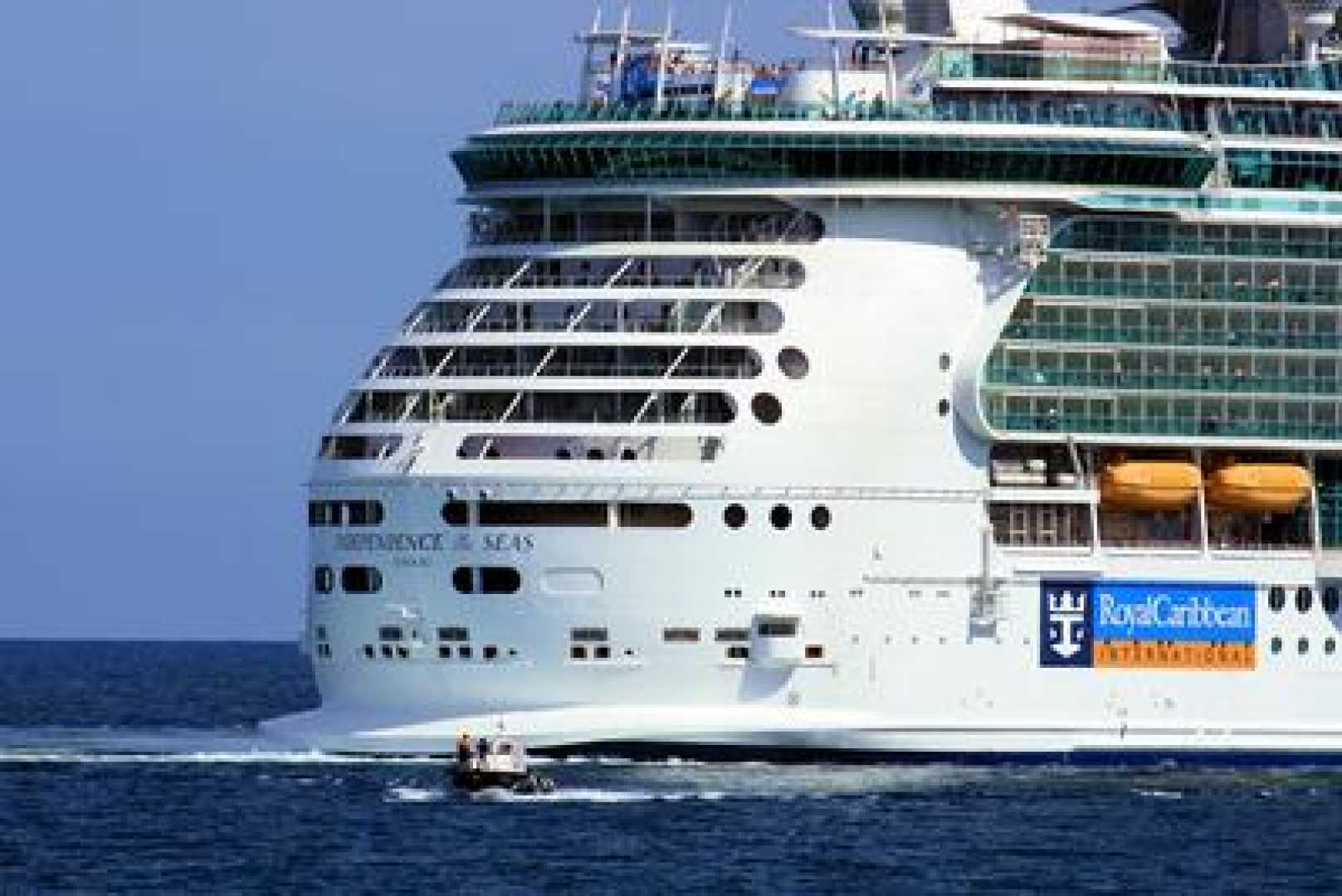Business
US Commerce Official Targets Cruise Industry for Tax Compliance

MIAMI, Fla. — Cruise operator stocks took a hit on Thursday after U.S. Commerce Secretary Howard Lutnick indicated that the federal government would enforce tax payments on cruise lines. The comments were made during an interview with Fox News on Wednesday evening, stirring significant concern within the industry.
“You ever see a cruise ship with an American flag on the back? They have flags like Liberia or Panama,” Lutnick stated. He claimed that these ships avoid taxes entirely, saying, “None of them pay taxes. Every supertanker. This is going to end under Donald Trump, and those taxes are going to be paid.”
Following Lutnick’s remarks, shares for major cruise lines plummeted: Royal Caribbean fell nearly 10%, Norwegian Cruise Line‘s stock dropped 7%, and Carnival Corp. experienced a 6% decline. Viking Holdings and Lindblad Expeditions also saw decreases of 4% and over 3%, respectively. These companies have previously thrived as travel demand surged post-COVID-19.
Royal Caribbean recently exceeded Wall Street expectations for its latest fiscal quarter, expressing optimism about the ongoing demand and favorable pricing environment. However, they, along with other cruise lines, have been criticized for utilizing registration loopholes—known as “flags of convenience”—to lower their tax burden.
Despite their operations being based in the U.S., many cruise lines register their vessels under foreign jurisdictions, offering them a way to dodge American taxes. Royal Caribbean, for instance, is headquartered in Miami but incorporated in Liberia. Similarly, Norwegian Cruise Line is based in Miami but incorporated in Bermuda, while Carnival Corp. is based in Miami and registered in Panama.
The Cruise Lines International Association (CLIA) responded to Lutnick’s comments, asserting that cruise lines contribute significantly to U.S. taxes, amounting to nearly $2.5 billion, which represents approximately 65% of the total taxes that cruise lines pay globally. This statement attempts to counter claims of tax evasion.
As the U.S. administration intensifies its focus on tax compliance within the cruise industry, stakeholders are left to ponder the ramifications of such regulatory changes on a sector still recovering from the pandemic’s impact.












